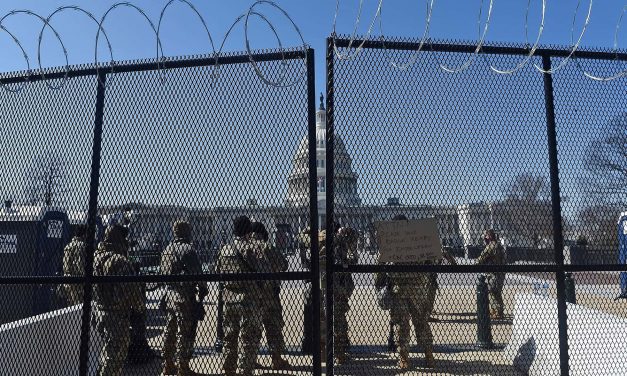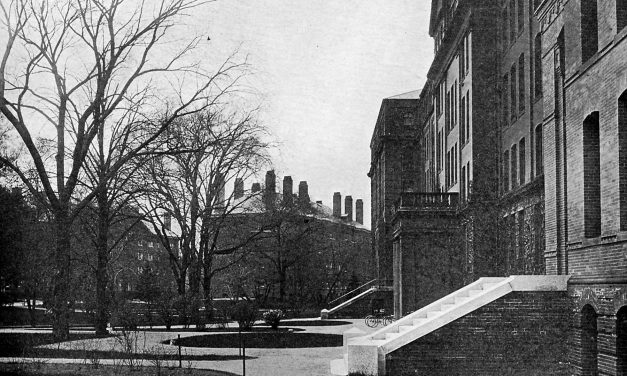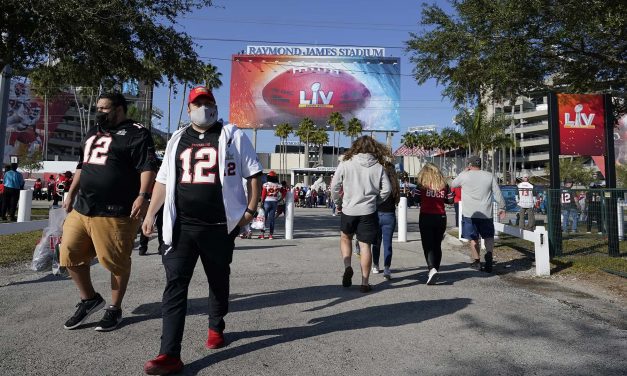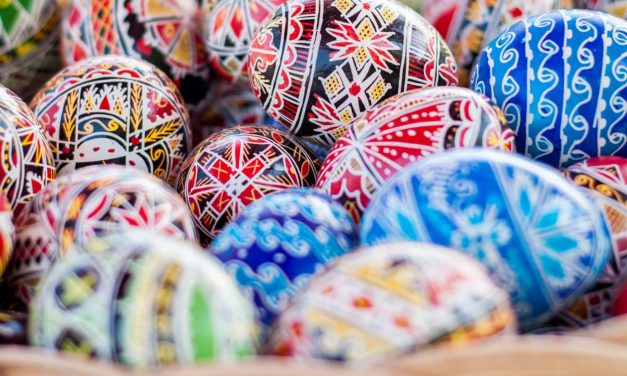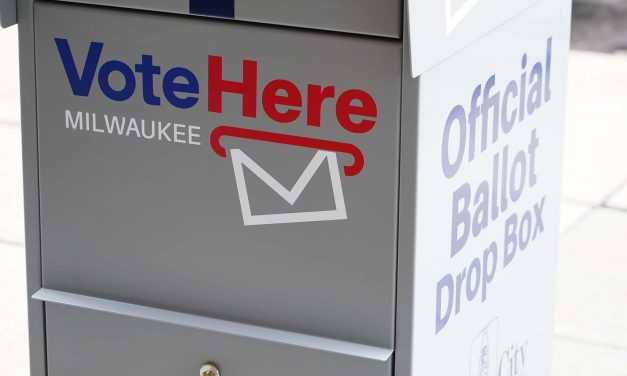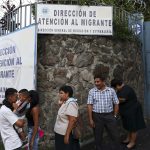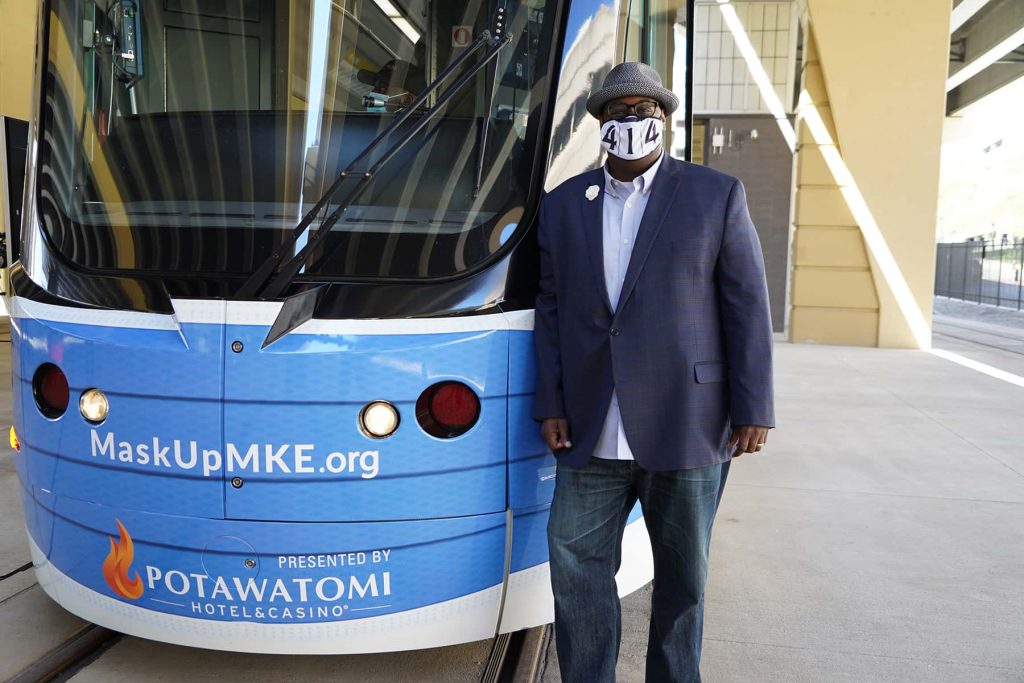Splinter Groups: America’s far-right factions have gotten more extreme after the Capitol insurrection
As the United States grapples with domestic extremism in the wake of the January 6 insurrection at the U.S. Capitol, warnings about more violence are coming from the FBI Director Chris Wray and others. Matthew Valasik, a sociologist at Louisiana State University, and Shannon E. Reid, a criminologist at the University of North Carolina – Charlotte, explain what right-wing extremist groups in America are doing. The scholars are co-authors of Alt-Right Gangs: A Hazy Shade of White, published in September 2020; they track the activities of far-right groups like the Proud Boys. What are U.S. extremist groups doing since...
Read More
